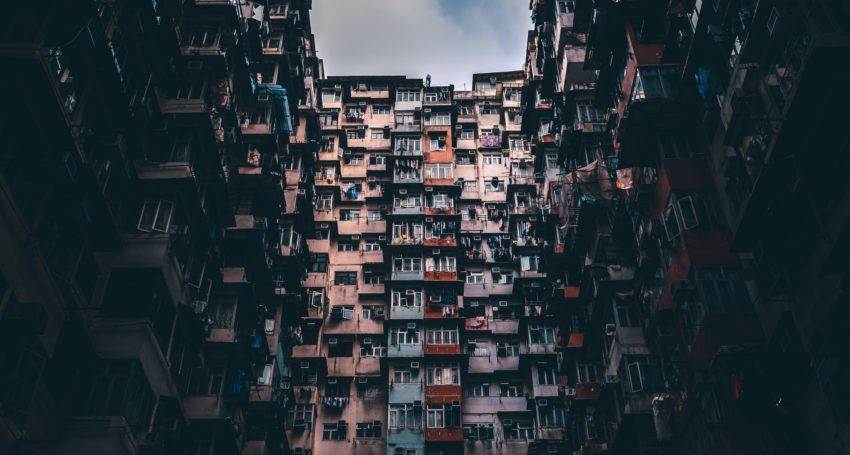“When you define a problem you also get to define its solution, based on how you define its parameters. The Minister had some interesting things to say about how he defined the problem in this case: “There are a number of areas and I’ll be focusing on all of them, but I think people on the street is important because that’s what Australians see if they’re in a capital city. They can see people on the street – they want something done about that.”
It is a common trope that sees homelessness in terms of its visibility and on the discomfort that “people on the street” cause for “Australians” (the “us” he is talking to). In other words, “we” are being subjected to the problematic spectacle of homelessness. People experiencing homelessness are themselves defined as “our” problem.
The solution, according to this discourse, lies not in addressing the causes of homelessness, and certainly not in providing the socio-political space for the people experiencing homelessness to define what the real problem is. Rather, the solution lies in lessening its visibility, clearing the streets of people who, like the man I spoke of earlier, are made to feel residual and removable. What Australia needs, in this ideological fantasy, is not the provision of housing but the consignment of the condemned to the house of lies.
As long as we continue to be sucked in by the neoliberal myth that posits the people facing exclusion as the problem, rather than the social and economic system that actually excludes and punishes them, we can never hope for the political will required to eliminate homelessness.
It is not poverty that causes homelessness, it’s wealth – especially speculative wealth concentrated in the hands of the few, constraining the choices of the many.”

